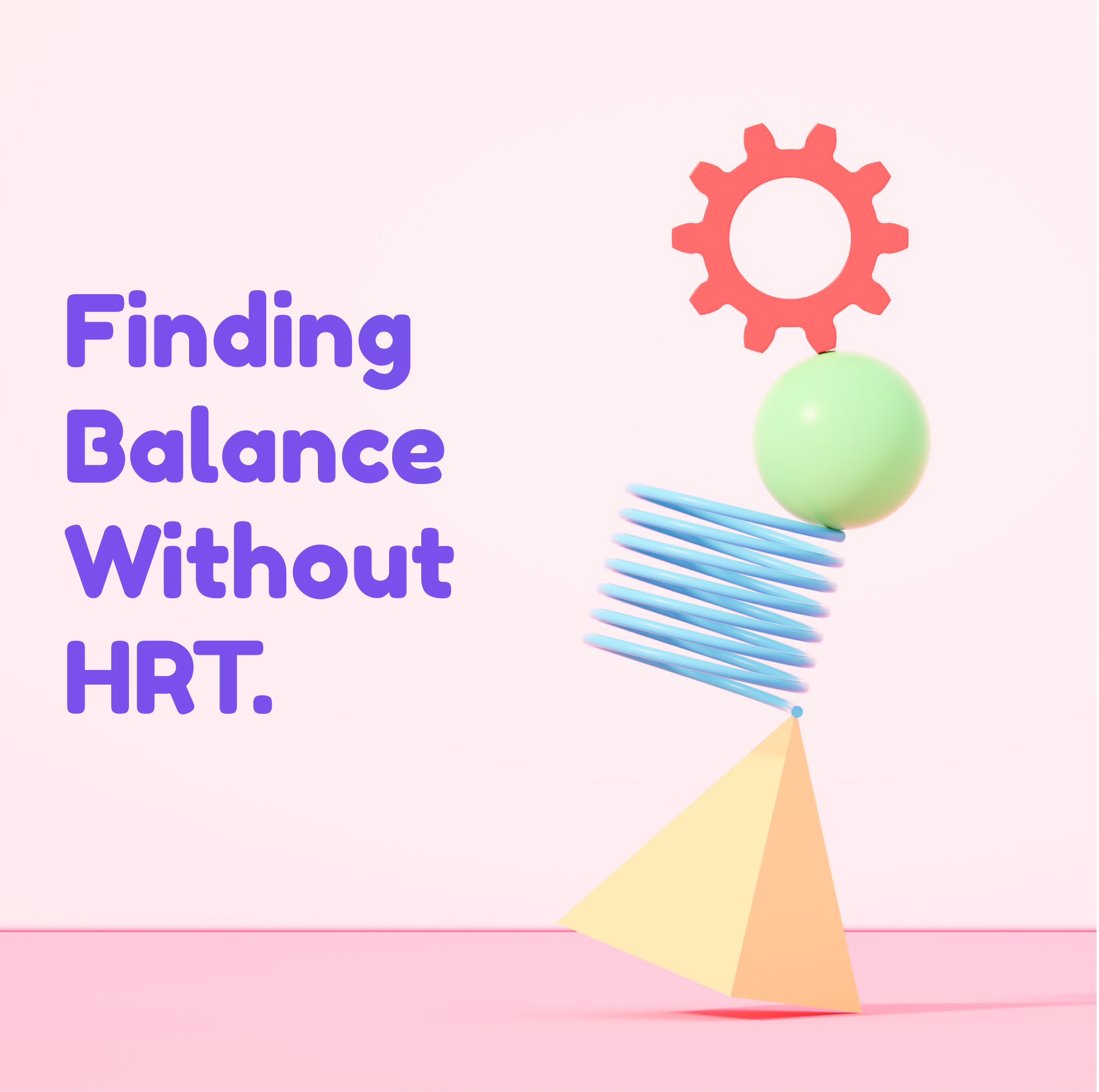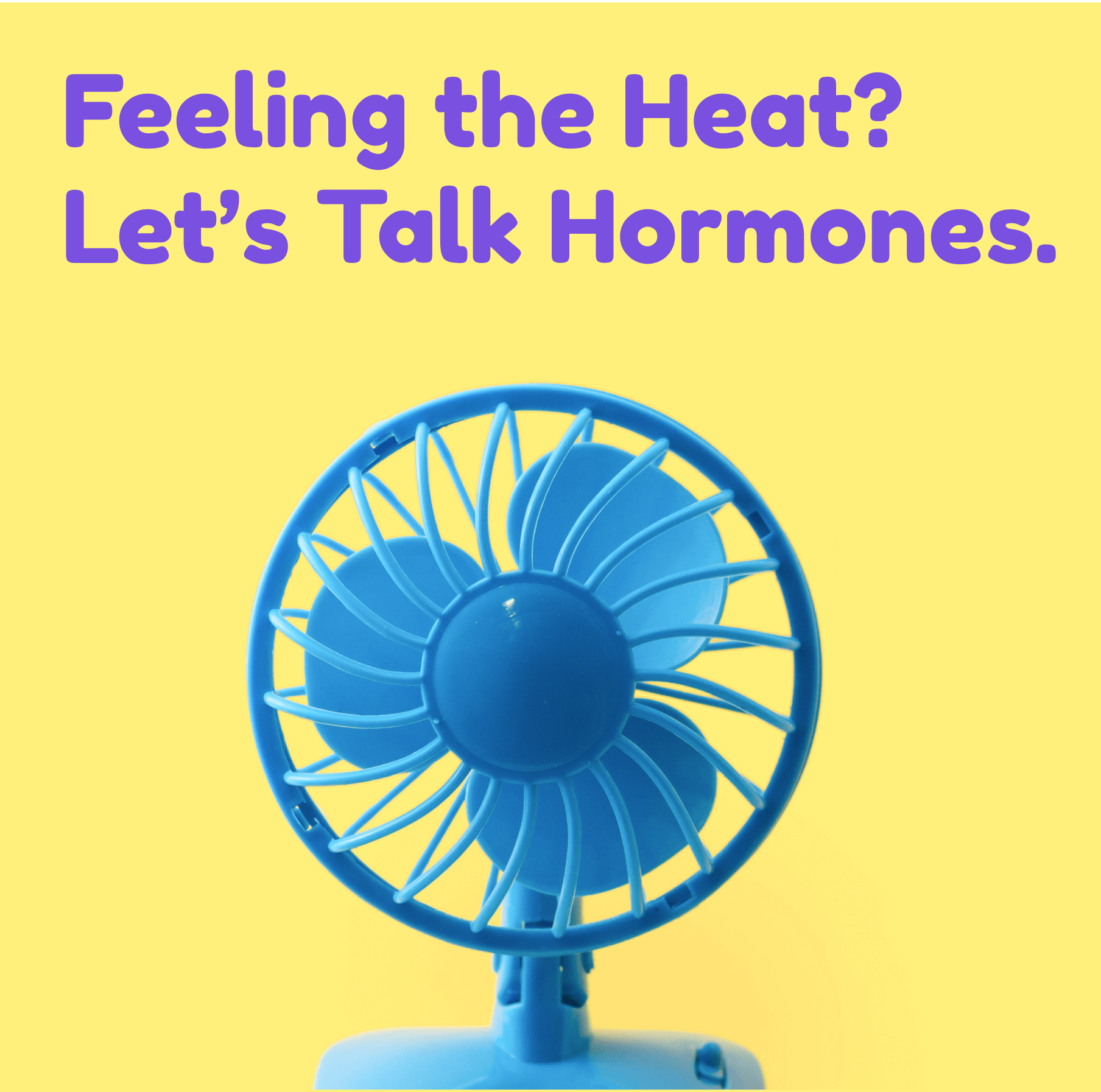
Breast Cancer and Menopause: Understanding the Journey Together
Menopause is a chapter of life that many women approach with a mix of curiosity and concern. When breast cancer enters the picture, either through diagnosis or treatment, the experience can become even more complex. Yet, with the right information and support, navigating this transition can be both manageable and empowering.
Got questions? Ask Noor.
A Shared Journey with Unique Challenges
Imagine sitting down with a warm cup of tea after a long day, reflecting on the changes happening in your body. For many women, the onset of menopause brings common symptoms such as hot flashes, mood swings, and vaginal dryness. When you add the impact of breast cancer or its treatment into the mix, it might feel like your body is hosting an unexpected party with uninvited guests. However, it’s important to remember that each woman’s experience is different, and many have learned to adapt with resilience and humor.
How Breast Cancer Treatment Can Influence Menopause
Breast cancer treatment, including chemotherapy and hormonal therapy, can sometimes trigger menopause sooner than expected. Treatments may lower estrogen levels, block estrogen receptors, or otherwise disrupt hormone balance, leading to what some describe as a “fast‑forward” version of the natural menopausal transition. For women diagnosed with breast cancer, understanding how these treatments might influence their hormonal changes is key to planning for the future.
Key points to note:
- Early Onset: Certain breast cancer treatments can lead to premature menopause by reducing female hormones more rapidly than in natural menopause.
- Accelerated Symptoms: Treatments may intensify common menopausal symptoms like hot flashes and mood swings due to a rapid drop in hormone levels.
- Individual Responses: Every woman responds differently; some might experience mild symptoms while others may see dramatic changes.
Because each treatment can affect hormone levels differently, it’s crucial to talk with your doctor about what to expect.
Recognizing Common Menopausal Symptoms
Understanding the symptoms of menopause—especially when compounded by breast cancer treatment—can empower you to take proactive steps. Here are some common experiences:
- Hot Flashes: Sudden feelings of warmth, often with sweating and an increased heart rate.
- Mood Swings: Fluctuating emotions ranging from irritability to sadness or anxiety.
- Vaginal Dryness: Reduced lubrication which can cause discomfort during intimacy.
- Sleep Disturbances: Changes in sleep patterns or insomnia.
- Memory Lapses: Occasional forgetfulness or “brain fog” as hormone levels change.
Many women find that lifestyle adjustments and, in some cases, medical interventions can help ease these discomforts.
Navigating Treatment Options with Confidence
For women managing both breast cancer and menopause, treatment options must balance the need to relieve menopausal symptoms with the risk of breast cancer recurrence.
Hormone Replacement Therapy (HRT) and Hormonal Therapy: While HRT is commonly used to alleviate menopausal symptoms, it may not be advisable for those with a history of hormone‑sensitive breast cancer. Some research indicates that women in remission for at least 5 years might become eligible for HRT, but this requires a careful discussion with your doctor.
Non‑Hormonal Medications: Certain antidepressants and other medications can help reduce hot flashes and other symptoms without affecting hormone levels.
Lifestyle Modifications: Maintaining a balanced diet, engaging in regular exercise, and managing stress can significantly improve your overall experience during menopause.
Alternative Approaches: Practices such as acupuncture, meditation, or yoga can complement medical treatments and enhance overall well‑being.
Discuss your options thoroughly with both your primary doctor and oncologist to tailor a treatment plan that suits your individual needs.



